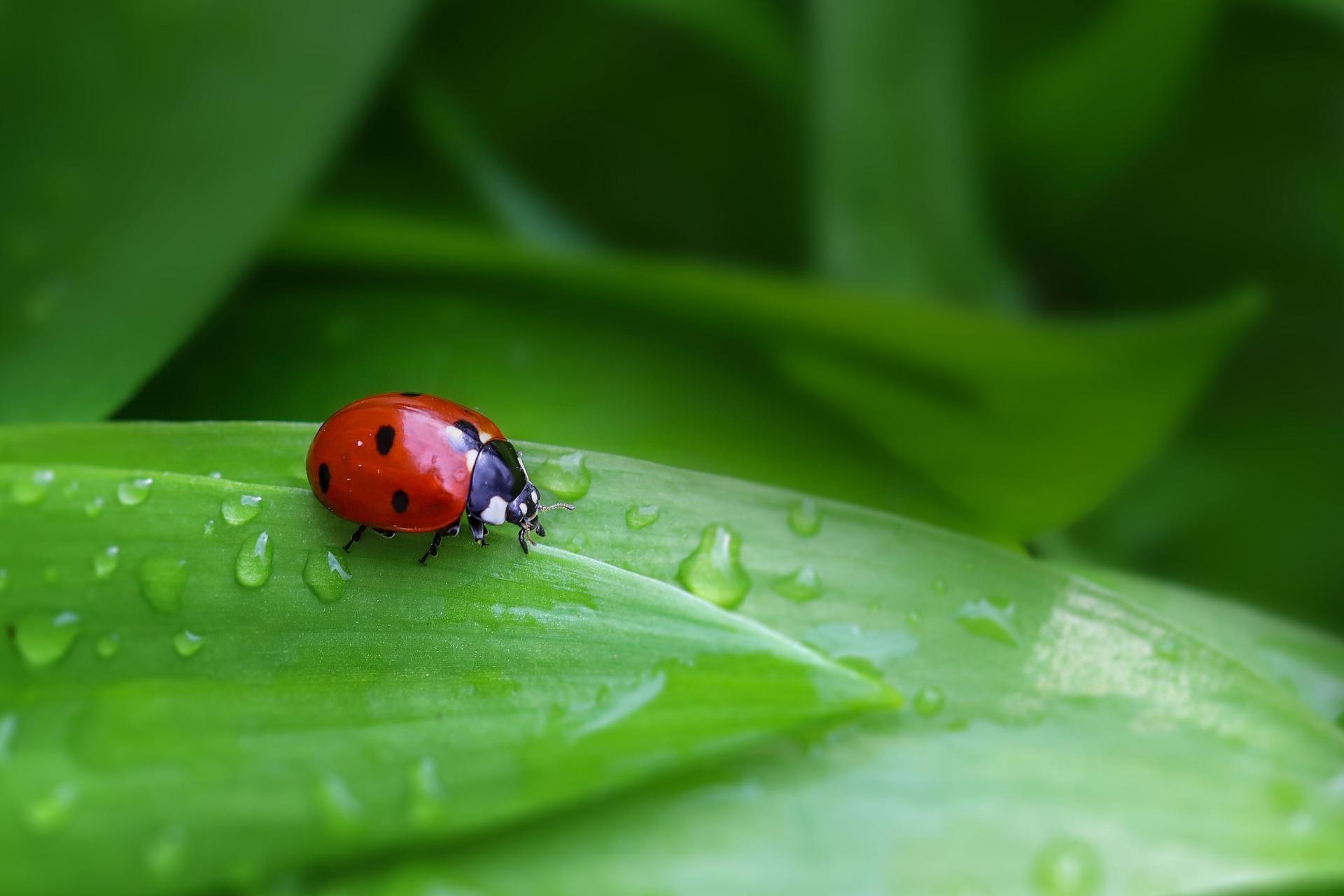The Forgotten Insect Heroes of Sustainable Farming
How Nature’s Pest Police Protect Our Crops and Support Eco-Friendly Agriculture

When we think of beneficial insects in farming, bees usually steal the spotlight. They’re celebrated as the world’s most famous pollinators, yet the insect kingdom has many other hardworking allies quietly defending our fields and orchards. These unsung heroes play a critical role in pest control, soil health and biodiversity all without chemical sprays or synthetic solutions. By understanding and embracing them, farmers can reduce dependency on pesticides, cut input costs, and move toward a more sustainable agricultural future.
One such ally is the tachinid fly. Often mistaken for an ordinary housefly, tachinids are natural enemies of caterpillars, laying their eggs inside or on them. Once hatched, the larvae feed on the pest from within, keeping populations of destructive caterpillars in check without harming crops.
Then there are the delicate yet powerful lacewings. Their fragile wings may seem ornamental, but their larvae are voracious aphid killers. Often called “aphid lions,” they devour soft-bodied pests such as aphids, thrips and mealybugs, protecting plants from infestations that would otherwise drain sap and stunt growth.
The hardworking hoverflies serve a dual purpose. As adults, they pollinate flowers just like bees, while their larvae feed on aphids and other small insects. Farmers who encourage hoverflies in their fields get both pollination services and natural pest control bundled into one ecological package.
Equally fascinating are parasitic wasps. Unlike the painful stingers we associate with wasps, these tiny creatures specialize in biological pest suppression. By laying eggs inside harmful insects such as caterpillars, beetle larvae or whiteflies, parasitic wasps ensure that pests never reach damaging adult stages thus maintaining crop health naturally.
And who could forget the iconic ladybugs? Beloved even by children for their bright red shells, ladybugs are often called “nature’s pest police.” Both adults and larvae feast on aphids, scale insects and mites. A single ladybug can eat hundreds of pests in its lifetime, making it a farmer’s best friend in maintaining balance in the ecosystem.
Encouraging these insects in agriculture isn’t complicated. Farmers can plant flowering hedgerows, avoid broad-spectrum chemical pesticides and adopt integrated pest management practices that create safe habitats for beneficial insects to thrive. By working with nature’s own pest control squad, we not only safeguard crop yields but also restore ecological harmony in our fields.
Sustainable farming is not just about producing food, it’s about producing it responsibly. Recognizing the contributions of these insect allies is a step toward healthier soil, resilient crops and a future where agriculture flourishes in balance with the natural world.
#SustainableFarming #BeneficialInsects #EcoFriendlyAgriculture #OrganicFarming #PestControlNaturally #FarmersBestFriends #AgroEcology #HealthySoilsHealthyCrops #IntegratedPestManagement #FarmingWithNature



